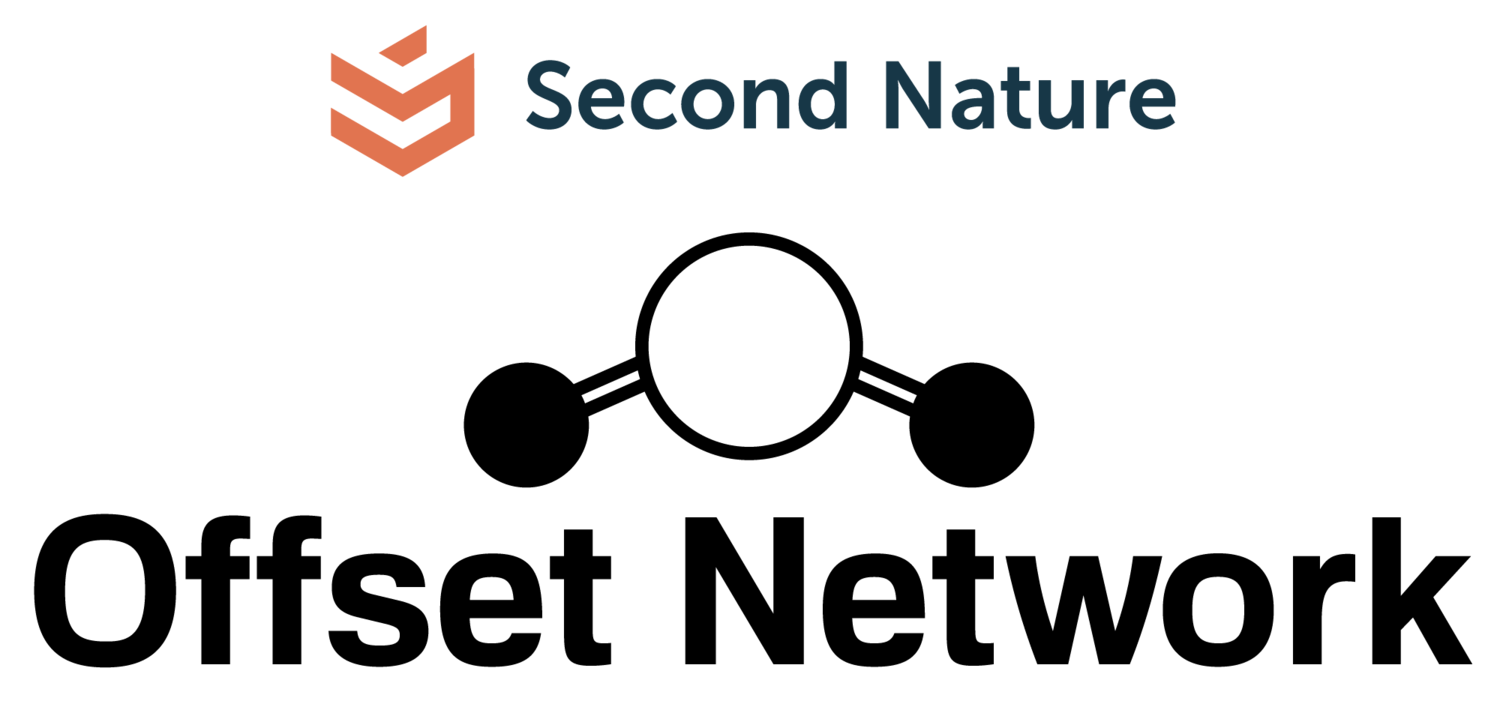Traditional Projects
Traditional offset projects are developed, implemented, and verified according to third party standards through existing carbon programs, such as VCS, CAR, ACR, and the Gold Standard. Offsets generated from these projects can be sold (on the voluntary market) and retired; information about these offsets is stored in carbon registries. To prove that real emissions reductions have taken place, project developers pay auditors to assess the project’s integrity initially, and then return to verify the emissions reduced after a project is operational.
The examples below are from colleges and universities that have developed carbon offset projects through the traditional voluntary carbon market.
Colgate’s Patagonia Sur Project
In partnership with the company Patagonia Sur, Colgate University embarked upon a project to plant 225,000 native trees on 430 acres of ecologically degraded land in Chile’s Aysén Region of Patagonia.



